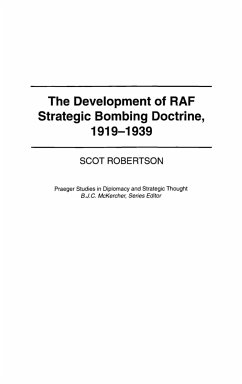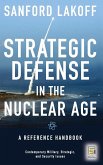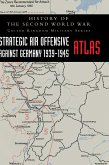The history of strategic bombing is inextricably intertwined with the history of the Royal Air Force. This book explores the question of doctrinal development in the RAF. It employs a neo-Clausewitzian analysis to reveal that the RAF based the preparation of its strategic bombing force on supposition and hypothesis. Rather than review the evidence of the First World War objectively to determine the fundamental principles of strategic bombing, the RAF adopted a subjective approach. The failure to develop a realistic theory of strategic bombing and to test it through a dialectical process resulted in a lack of attention to the equally necessary element of doctrine. Bomber Command was incapable of carrying out a strategic bombing campaign because it failed in peace to develop the necessary doctrine.
Hinweis: Dieser Artikel kann nur an eine deutsche Lieferadresse ausgeliefert werden.
Hinweis: Dieser Artikel kann nur an eine deutsche Lieferadresse ausgeliefert werden.







